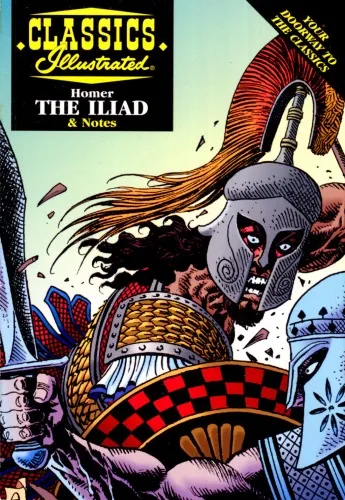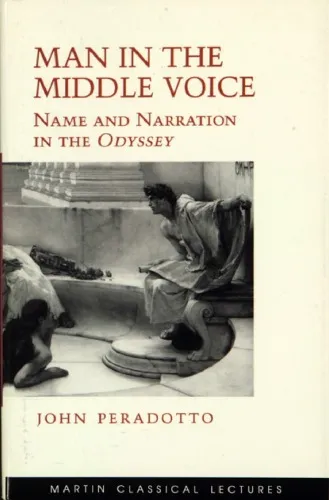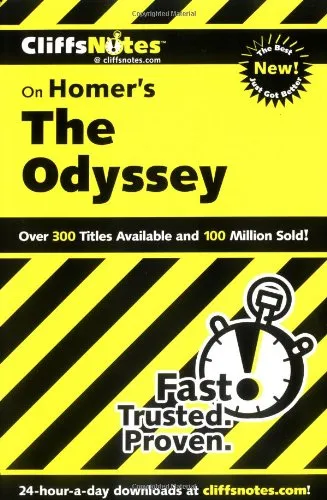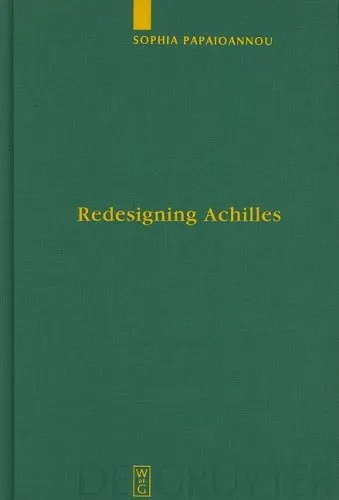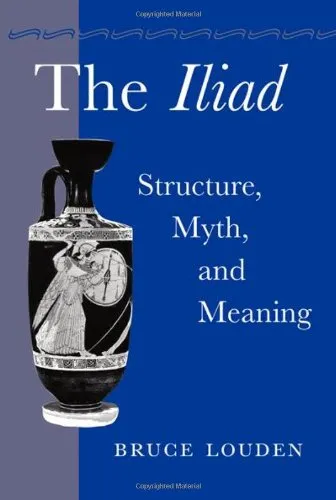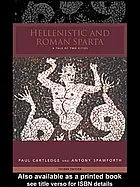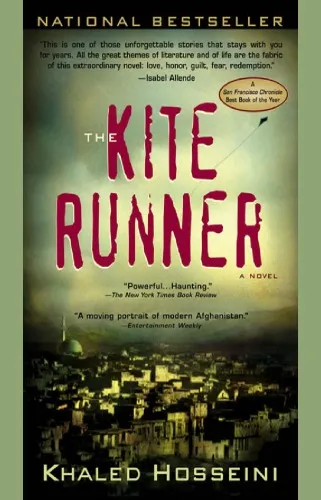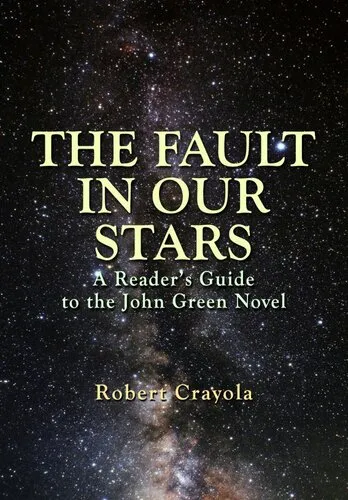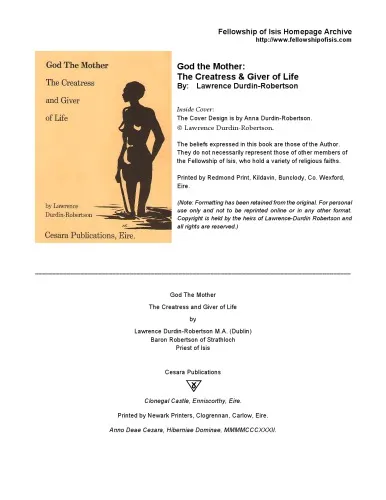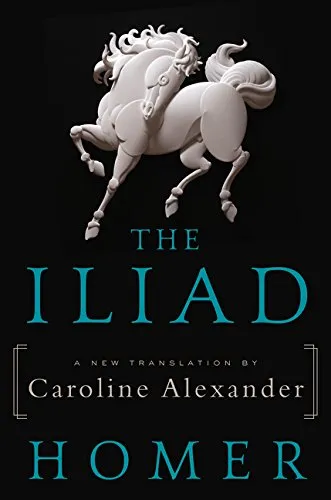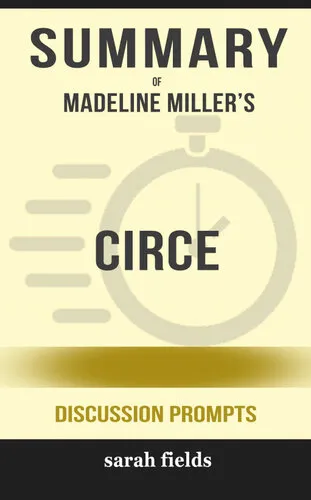The Iliad
3.9
Reviews from our users

You Can Ask your questions from this book's AI after Login
Each download or ask from book AI costs 2 points. To earn more free points, please visit the Points Guide Page and complete some valuable actions.Related Refrences:
Persian Summary
Introduction to 'The Iliad'
Welcome to the timeless world of ancient Greek literature, where stories of heroism, divine intervention, and the complexities of the human condition come to life. 'The Iliad', attributed to the legendary poet Homer, is a cornerstone text of Western literature. This epic poem, believed to have been composed around the 8th century BC, captures the dramatic events of the Trojan War and explores the profound themes of honor, wrath, and fate.
Detailed Summary
'The Iliad' is set during the final weeks of the decade-long Trojan War. It centers on the Greek hero Achilles and his conflict with King Agamemnon. A dispute over a captive woman, Briseis, leads to Achilles withdrawing from battle, which severely hampers the Greek effort against the Trojans. The poem weaves together the fates of various warriors and gods who interfere and influence the battle's outcome.
The narrative arc covers profound themes, including the ferocity of human anger and the inevitability of death. Despite its focus on war, 'The Iliad' offers rich psychological insights into its characters, depicting their struggles with pride, loyalty, and mortality. This convergence of the human and divine offers readers a profound exploration of ancient Greek values and the relentless nature of war.
Key Takeaways
- The destructive nature of wrath and pride: Achilles' anger leads to personal and communal tragedy.
- Heroism and honor: The ancient Greek code of honor plays a pivotal role in the motivations and actions of key characters.
- The role of fate and the gods: The inevitable fate of individuals is portrayed alongside the influence of divine will.
- Mortality and the human condition: The inevitability of death and the fleeting nature of glory and life.
Famous Quotes from the Book
"Rage—Goddess, sing the rage of Peleus' son Achilles."
"Any moment might be our last. Everything is more beautiful because we're doomed."
Why This Book Matters
'The Iliad' remains an essential read for understanding the cultural and literary heritage of ancient Greece. Its influence extends beyond its historical context, having shaped Western literature, philosophy, and art over centuries. The epic delves into universal themes that are as relevant today as they were millennia ago, offering insights into the complexities of human emotions and societal values.
Studying 'The Iliad' provides a reflection on the human struggle against the inexorable forces of nature and destiny. It challenges readers to explore deeper truths about humanity's place in the cosmos and the might of narrative art. The poem's compelling narrative and profound themes continue to capture the imaginations of readers, making it a seminal work that bridges the ancient and modern worlds.
Free Direct Download
You Can Download this book after Login
Accessing books through legal platforms and public libraries not only supports the rights of authors and publishers but also contributes to the sustainability of reading culture. Before downloading, please take a moment to consider these options.
Find this book on other platforms:
WorldCat helps you find books in libraries worldwide.
See ratings, reviews, and discussions on Goodreads.
Find and buy rare or used books on AbeBooks.
